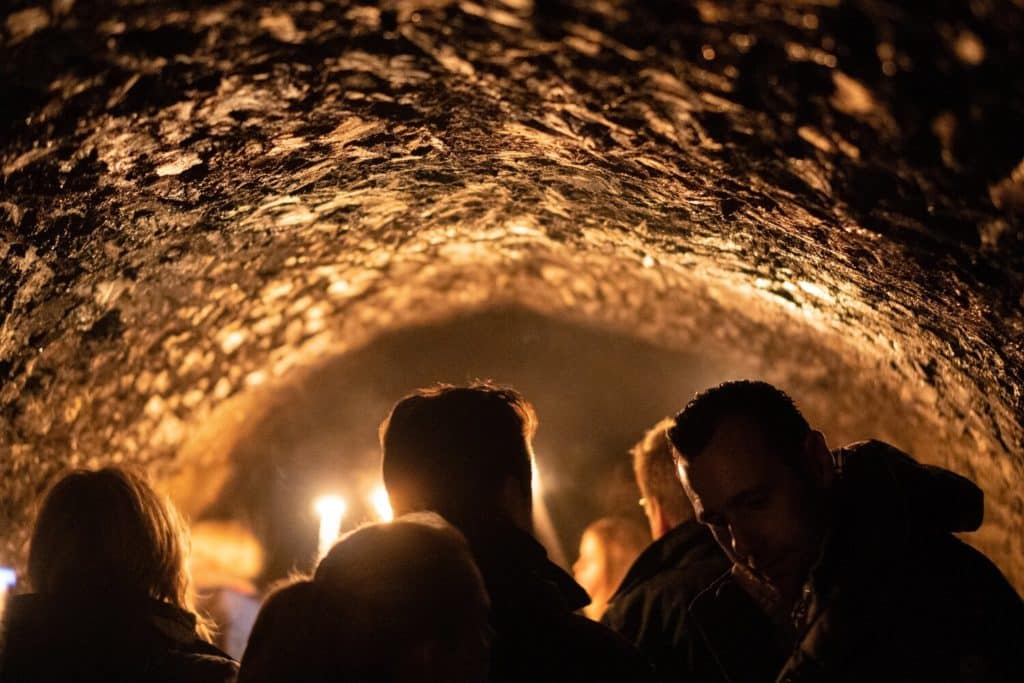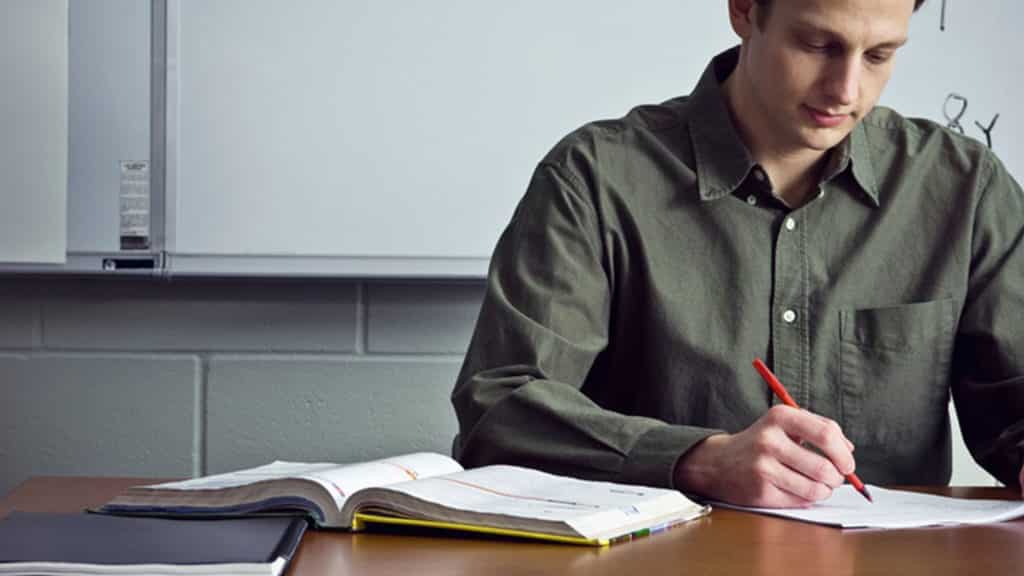Teachers: Leading the Way “Back to Normal”

Leading lights…
All eyes are on students and teachers. Together they are literally the leading lights; the group at the head the procession leading us all ‘back to normal’. The pressure of people’s expectation of what lies ahead could cause all sorts of distortions of the reality teachers face. Sorting though these expectations may help clear the path to greater connection to the task in hand.
These are exciting days. Yet excitement is always dusted with the unknown. Like any lesson, in any classroom, it’s what we do with the unknown that counts.
It was my own distorted expectations and assumptions that made me quit teaching nearly twenty years ago. It was nearly 40 minutes before I came back into the profession!
After that I taught English and Film in state secondary schools in the UK for nearly twenty years.
With so many teachers returning to the classroom this week, I was reminded of these 40 minutes. They changed my teaching career and transformed my outlook on the fundamental role of a teacher and the part they play in the learning experience of their students.
The day I quit teaching…for 40 minutes!
It was a rainy November afternoon in a Science lab somewhere in Enfield. I was there to teach War Poetry to year 9. Up to that point, I’d had a rocky few weeks. I was doing my best to teach in the way I had been taught; to get my objectives right; to follow the scheme of work and to differentiate for students who needed additional support.
But much like teachers’ reported experience of “Covid-times” teaching, it was a bit like teaching a roomful of students with their cameras off. Only, these students were in the same room and really had little or no interest in what I was bringing. In fact, they were actively resisting it.
After trying to ‘control’ the class for about 15 minutes, something inside me snapped. I hollered at the room like a banshee. “BEEEEE. QUIEEETTTT!!!” It was an outpouring of all of my pent-up rage, anger, frustration and humiliation at not being listened to.
There was a moment of silence before…a wave of laughter swept through the room. The camel’s back was snapped. I sat down at the front of the class, defeated. I was done.
Not chaos but collaboration
I had expected chaos to ensue. In my mind they had won and I waited for the victory dance.
What happened next changed everything.
The room fell silent for a moment. One girl gingerly came to the front and said, kindly, “Don’t worry sir, teaching’s not for everyone”. She then offered to ‘go and get someone’ if I wanted. I had sent for ‘someone to help’ before but on this occasion, I had no interest in getting back on the horse…it had already bolted.
Next…I saw the children organise themselves into what I would call ‘learning groups’. Some were doing homework, others began to discuss their lives, asking about family and friends, learning about one another and yet others were trading survival secrets about other teachers and upcoming lessons. Everything they were doing was about learning. Now I was out of the picture, their apparent lack of interest in my lesson was replaced by an innate curiosity. They created order, they wanted it and they made ot happen. Suddenly, all across the classroom there was collaboration.
Bringing what wasn’t needed
So, the question for me then – the supposed teacher – as I sat there was this:
If these children want to learn, if they are naturally curious and want to collaborate, what was I bringing into the room, in my attitude, body language, tone of voice, the lesson outline, content and delivery – that drove that instinct into a ditch and drained the fuel from the engine?
In other words, how could I leave outside what was getting in the way of learning and only bring in what was needed in order to connect with this obviously natural human instinct?
What follows is what I did and what I found out and what I believe are useful aides to preparing to teach. Especially right now, when you face classes you haven’t seen for a while. Classes who will bring with them all sorts of experiences and questions and stories, they will expect you, their teacher to contain and answer and listen to.
Sorting through the baggage
The psychological benefits of journaling or list making are beyond question.
For me, writing has always helped me think straight. When I see my thoughts on a page I am able to go through them and check their value. I think of it as piling up the thouhts from my overcrowded mind onto a page and then sorting through them. Which thoughts are useful and productive and worth keeping and which are ungrounded assumptions and expectations that just get in the way of thinking clearly about the task in hand
Going back to the class; I journaled and found that I had assumed that they didn’t want to learn…er…false, throw that out, rethink…they want to learn so how can I teach them? If I worked on wanting to be there, provide learning that interested me as much as them and learned to deliver in a way that chimed with my personality, then maybe I would have a more successful time in the classroom.
I talk more about this lesson and the other conclusions that came out of it, along with some of the psychology that supports great relationship building it in my professional development courses for teachers.
For now, though, the simple thought I want to share is that assumptions and expectations can get in the way of connecting and what teachers bring with them into those rooms this week – of course any week – will have a significant impact on what happens in them.
Preparing to teach at any time, is more than the lesson plan or the seating plan or even the Covid plan. Minds open up when they feel safe and cared for. Teaching involves our own human, person to person desire to connect with students and their natural propensity to connect with learning.
It may also involve spending some time sorting through any un-necessary baggage so that the connection is clear of assumptions and distorted expectations – either yours or those that follow the torches teachers currently bear.
Coming out of the Stationery Cupboard
For a time, I taught in a classroom which had a large walk-in stationery cupboard in the corner. On one occasion, I was setting up my lesson when two students burst out of the cupboard and shouted ‘surprise’! The assembled students fell about laughing and I couldn’t help but smile at the delighted faces of the two girls who had emerged so energetically from the darkness. The episode was enjoyed by all of us, enlivened the lesson and was referred to every now and then as we proceeded through the lesson.
About a week later, I was teaching the same classroom. I noticed that the same two students were missing from the lesson and that the cupboard door was firmly closed. I saw that other students in the room were looking at the door every now and then. I signalled to the class that I knew that another ‘surprise’ was about to land. Unlike the first time, the lesson was well under way. We managed to get on with the work we needed to do, checking the cupboard door every now and then. However, as the lesson continued, we all lost interest in the door, we were into what we were doing. I began to feel a little sorry for the two girls in the cupboard. Clearly, something had gone wrong in there.
I opened the door and there they were. A little startled by the light, I asked them what had happened? They explained that they had got worried about when to burst out. They left it and left it and the more the lesson continued, the more they felt they had missed their moment. So much so that they were frozen in inaction.
This was met with curiosity by the rest of the class. No one was laughing. We were all just a bit concerned about their plight. I moved aside and they walked to their places and began the work.
The end of lockdown 1.0 back in May last year, brought with it a surge of energy. An infusion of possibility and hope coursed through society for a while.
Lockdown 3.0 feels a bit like being stuck in a cupboard too long and losing sight of why we went in there in the first place. There may be an expectation that we emerge with an energy that revitalises the room but, in reality, as we emerge bewildered into the bright lights, maybe it’s enough just to find our places back in the room and get on with the lesson.
Sending you all good thoughts, support and best wishes.
Steve







Thankyou, These are helpful !